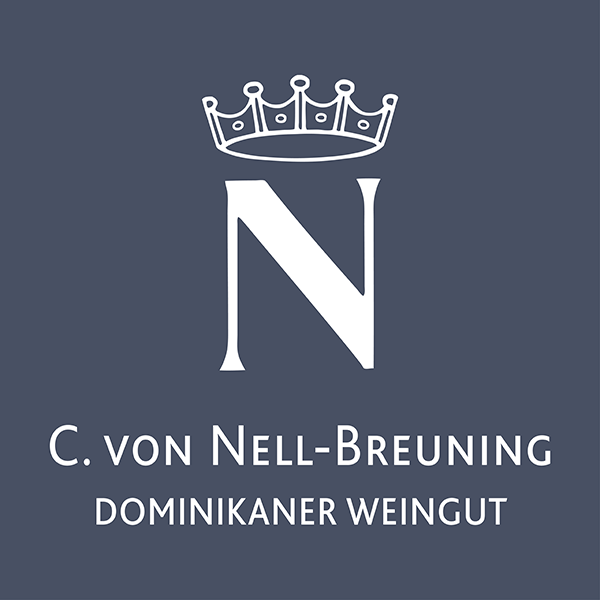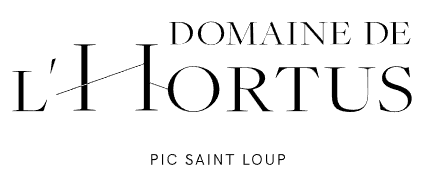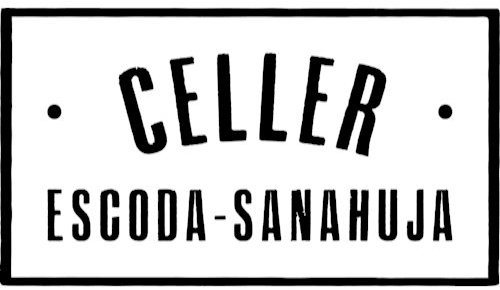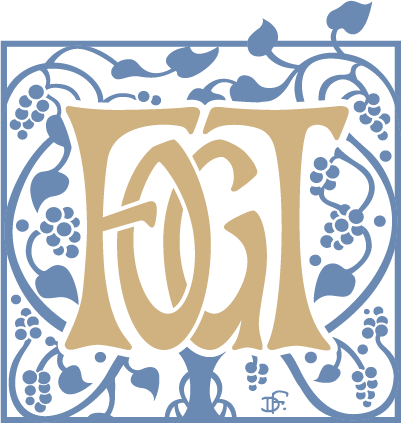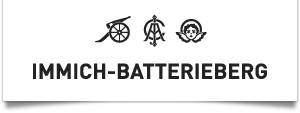Antoine Moueix 即 Jean Pierre Moueix 叔父於 1947 年買入此聖艾美倫酒莊,Moueix 家族一直擁有至 2006 年,並賣予 Chateau Cheval Blanc 的擁有者,於2008年酒莊由La Tour du Pin Figeac 改名為 Chateau La Tour du Pin。
與 Chateau Cheval Blanc 同一隊技術人員也負責於 La Tour du Pin 釀酒,2012 年前此酒莊並不屬於聖艾美倫分級內,因為酒莊並無主動要求分級,反而有 1.3 公頃的葡萄園加入了 Cheval Blanc 內,因為風土大致相似。酒莊沒有要求把其餘的地段分級。
產區保護條例:
Saint-Emilion Grand Cru
產地:
法國波爾多
種類:
紅葡萄酒
葡萄品種:
80% Merlot, 20% Cabernet Franc
品酒筆記:
(2006)此酒由 Chateau Cheval Blanc 同一團隊生產,由80% Merlot 和 20% Cabernet Franc 釀成,展現黑草莓、甘草和新鮮香草香氣。口感圓潤,收結是柔軟的櫻桃酒味道。
(2009)成熟黑覆盆子和藍莓,配合少許沙土和潮土。甜美單寧,十分明顯,豐富及悠長的味道,可以陳年兩三年,於未來15+年享用。
Antoine Moueix, who was the uncle of Jean Pierre Moueix bought this St. Emilion estate in 1947. The property remained in the hands of the Moueix family until 2006, when it was sold to the owners of Chateau Cheval Blanc. Two years later, in 2008, the name was officially changed from La Tour du Pin Figeac to Chateau La Tour du Pin.
The same technical team responsible for producing the wines of Cheval Blanc is now in charge of making the wines at La Tour du Pin. Chateau La Tour du Pin was not included as part of the 2012 St. Emilion Classification. The estate was not demoted as they did not ask to have it classified. Instead, 1.3 hectares of the vineyards were added to Cheval Blanc, as the terroir was considered similar. The chateau did not request to be classified for their remaining terroir.
Appellation:
Saint-Emilion Grand Cru
Country of Origin:
Bordeaux, France
Type:
Red/Rouge (Still)
Grape Varieties:
Merlot, Cabernet Franc
Tasting Notes:
(2006)La Tour du Pin is now produced by the same team that makes Cheval Blanc. Made from 80% Merlot and 20% Cabernet Franc, it offers dark berry, liquorice and fresh herb scents. Round in texture, the wine finishes with soft kirsch flavours.
(2009)Ripe black raspberry and blueberry fruit are present, along with some sandy, loamy soil notes. The tannins are sweet, but very elevated, and the wine rich and long but currently somewhat austere and needing bottle age. Give it 2 or 3 years of cellaring and drink it over the following 15+ years.



